How the Top 10 Richest People in the World Started Their Amazing Careers
Take a page out of the playbook of the top 10 richest people in the world.

What were the first steps that some of the world’s wealthiest took on their way to becoming billionaires? Read on to learn more about how business leaders such as Jeff Bezos, Bill Gates and Warren Buffett got their start.
Related: From Broke to Billions: 5 Strategies These Billionaires Used to Get Rich
Jeff Bezos
Net worth: $131 billion
Company: Founder and CEO of Amazon and Blue Origin
Age: 54
After a summer gig working as a cook at McDonald’s, Bezos’s first job out of college was at a telecommunications startup called Fitel, where he was the 11th employee. He worked at debugging code and then was promoted to head of development and director of customer service.
Bill Gates
Net worth: $91.3 billion
Company: Co-founder of Microsoft and the Bill and Melinda Gates Foundation
Age: 63
In 1975, when Gates was 20 years old, he sold software he developed in his dorm room to MITS Altair, the maker of the first personal computer, for $3,000, plus royalties. Shortly after that, he left Harvard to start working on the venture that would become Microsoft.
Warren Buffett
Net worth: $80.2 billion
Company: CEO Berkshire Hathaway
Age: 88
As the now famous story goes, Buffett was just an 11-year-old kid in Omaha when he purchased his first stock. By the time he was 16, he had $53,000 in the bank thanks to odd jobs, including selling collector stamps and used golf balls. He also had a regular gig delivering The Washington Post every morning.
Bernard Arnault
Net worth: $68.1 billion
Company: Chairman and CEO of LVMH
Age: 69
After graduating from college in 1971, Arnault went into the family business. He put his engineering degree to work at his dad’s manufacturing firm, Ferret-Savinel. Five years later, he convinced his dad to liquidate the construction part of the company and use the money to get into the real estate industry and develop vacation accommodations. He changed the company’s name to Ferinel and became the CEO in 1977.
Amancio Ortega
Net worth: $59.4 billion
Company: Founder of Inditex Fashion Group, parent company of Zara
Age: 82
When he was 14, Ortega left school to get a job where he hand-stitched shirts. In 1972, he worked with his wife, family and local seamstresses to start a company called Confecciones Goa that sold housecoats and lingerie. In 1975, the first Zara store opened in his hometown of Galicia, Spain.
Carlos Slim
Net worth: $56.6 billion
Company: Controlling stake of America Movil, the largest mobile-phone company in Latin America, among other holdings
Age: 78
In college, Slim got his degree in civil engineering and taught algebra. In the 1960s, he worked as a stock trader in Mexico, and by the time he was 25, he had earned $400,000, which was enough to start his own brokerage firm called Inversora Bursátil.
Mark Zuckerberg
Net worth: $54.7 billion
Company: Co-founder and CEO Facebook
Age: 34
The dorm room ascent of Facebook and Mark Zuckerberg’s millionaire status at 22 — and then billionaire status just a year later — is a well known Silicon Valley success story. But Facebook wasn’t Zuckerberg’s first project. He and high school friend and future Quora co-founder Adam D’Angelo created a music player that could suggest songs based on what you listened to called Synapse that generated interest from Microsoft. The pair turned down $950,000 and split the cost of a patent.
Larry Page
Net worth: $52.8 billion
Company: Co-founder of Google
Age: 45
Page met Sergey Brin met while they were both Ph.D students at Stanford University. In 1995, the pair began working on a search engine project called BackRub that would become Google.
Sergey Brin
Sergey Brin
Net worth: $51.3 billion
Company: Co-founder of Google
Age: 45
Brin met Larry Page while they were both Ph.D students at Stanford University. In 1995, the pair began working on a search engine project called BackRub that would become Google.
Larry Ellison
Net worth: $50.8 billion
Company: Co-founder and CTO of Oracle
Age: 74
Ellison dropped out of University of Illinois at Urbana-Champaign and the University of Chicago and in 1966, when he was 22, he headed out to California where he got a job at electronics company Ampex. There, one of his projects was creating a database for the CIA, which he gave the nickname “Oracle.”
What were the first steps that some of the world’s wealthiest took on their way to becoming billionaires? Read on to learn more about how business leaders such as Jeff Bezos, Bill Gates and Warren Buffett got their start.
Related: From Broke to Billions: 5 Strategies These Billionaires Used to Get Rich
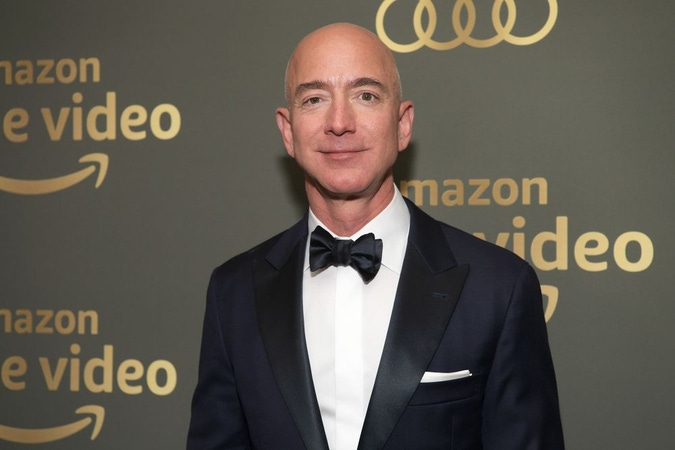 Emma McIntyre | Getty Images
Emma McIntyre | Getty Images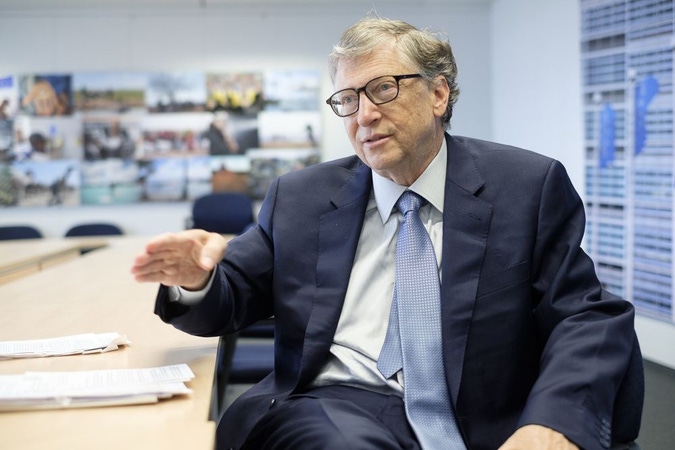 Thierry Monasse | Getty Images
Thierry Monasse | Getty Images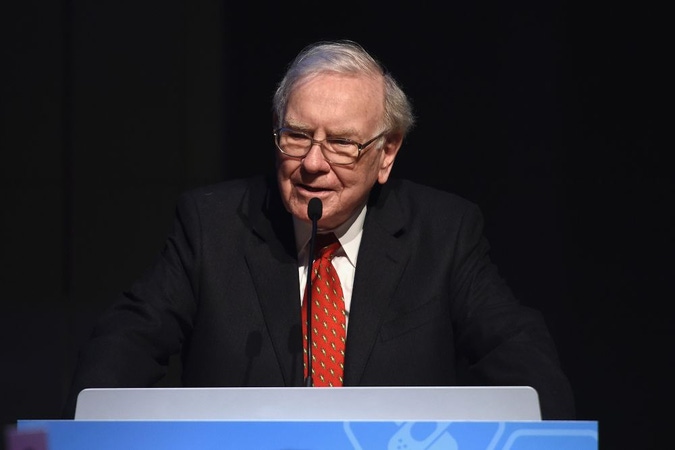 Dimitrios Kambouris | Getty Images
Dimitrios Kambouris | Getty Images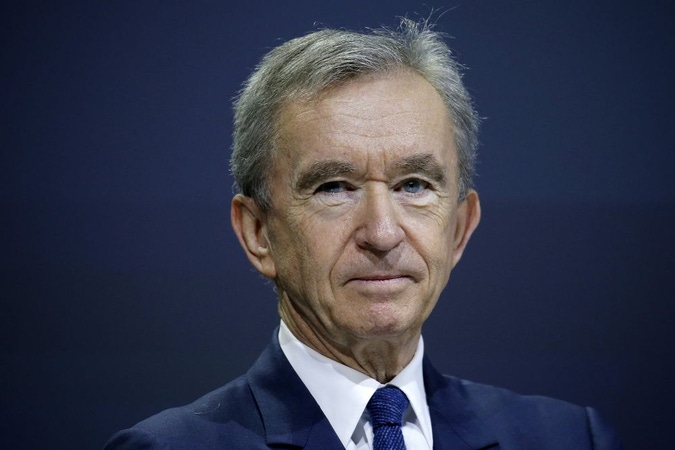 Chesnot | Getty Images
Chesnot | Getty Images Europa Press | Getty Images
Europa Press | Getty Images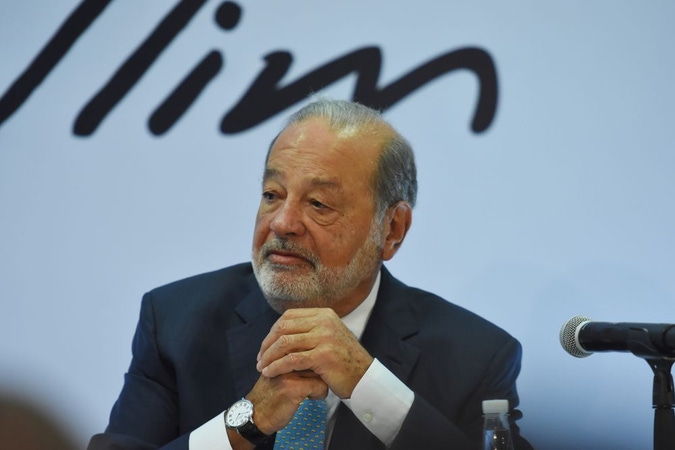 Carlos Tischler | Getty Images
Carlos Tischler | Getty Images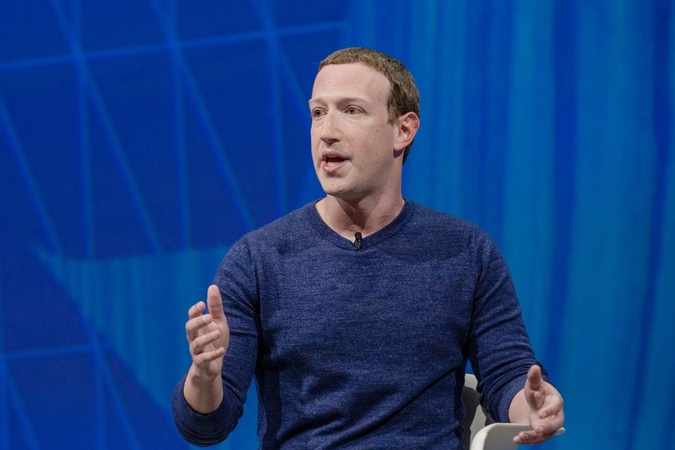 Marlene Awaad | Getty Images
Marlene Awaad | Getty Images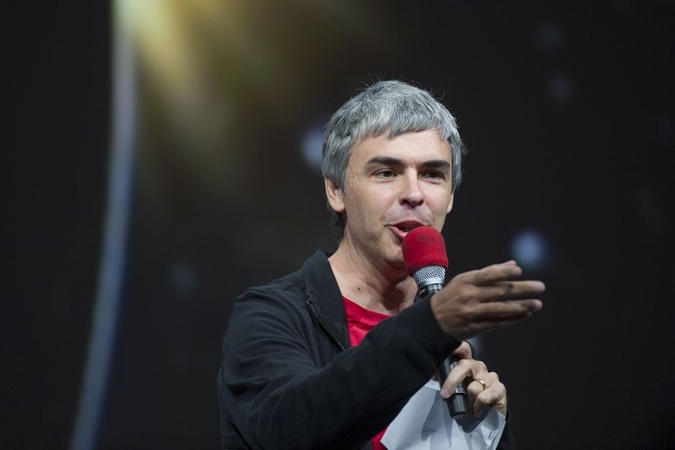 David Paul Morris | Getty Images
David Paul Morris | Getty Images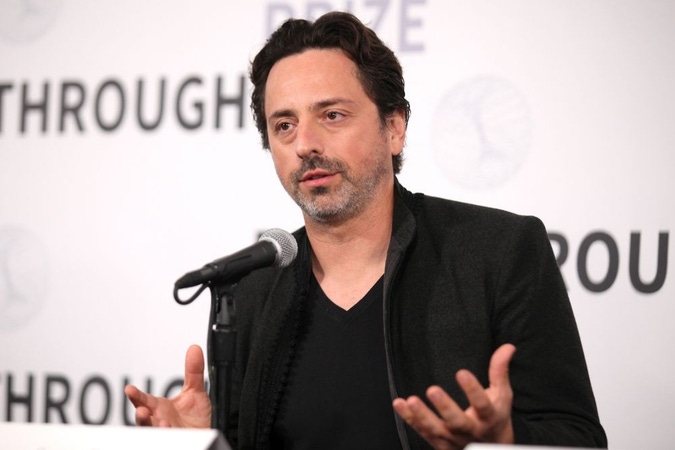 Kelly Sullivan | Getty Images
Kelly Sullivan | Getty Images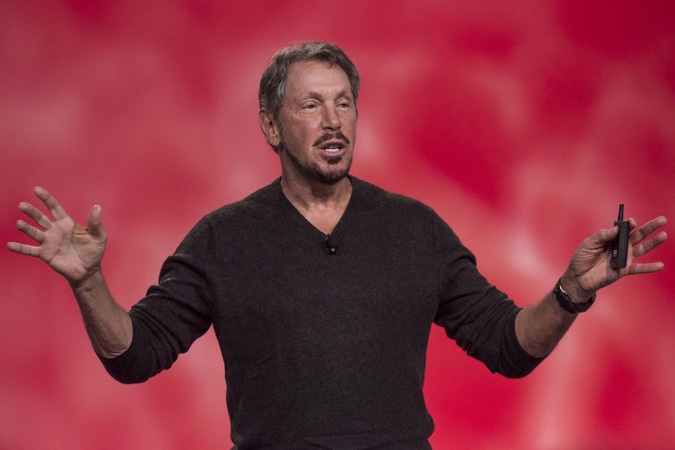 David Paul Morris | Getty Images
David Paul Morris | Getty Images




